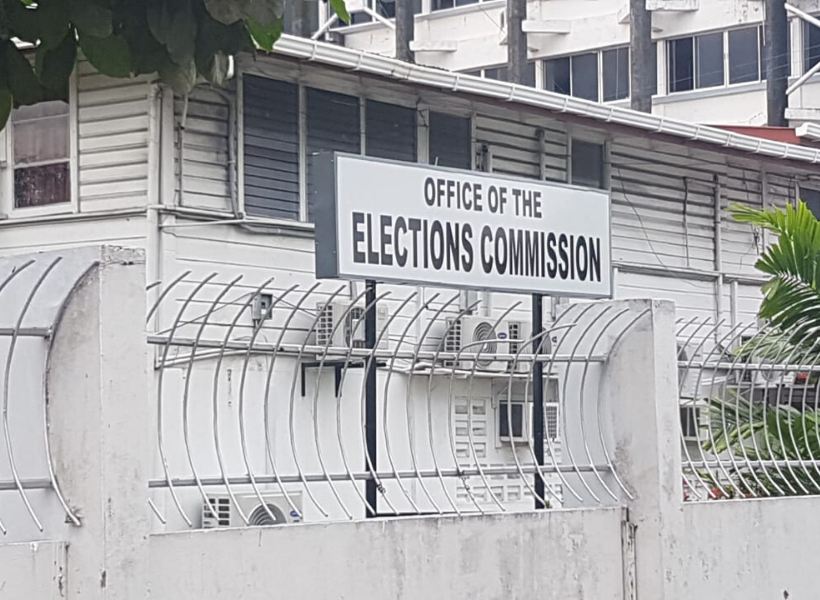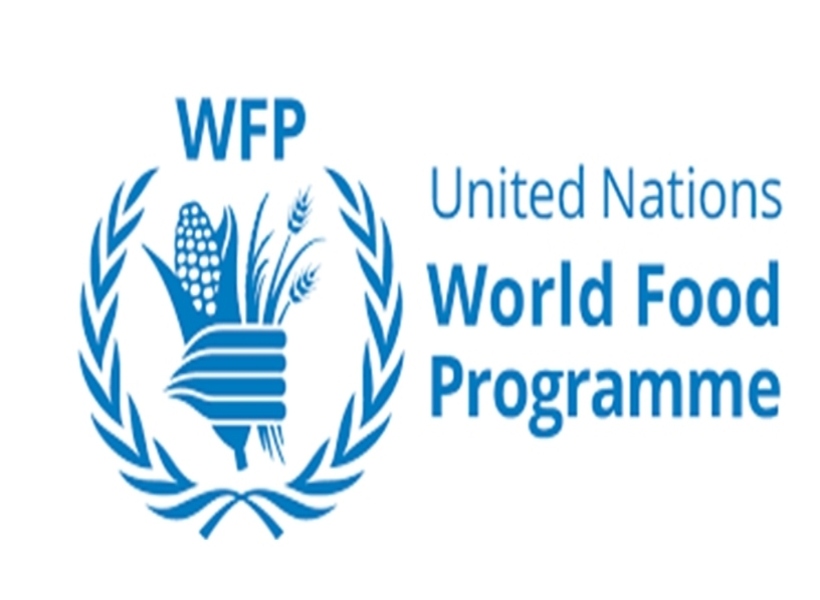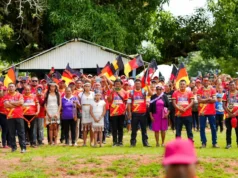In a bid to prevent the spread of the novel coronavirus, governments across the Latin American and Caribbean Region have been putting stringent social distancing measures in place. These measures however have affected the pockets of many families, as such; millions of people will be at risk of missing meals.
Highlighting this in its latest assessment was the United Nations World Food Programme (WFP), the world’s largest humanitarian organization which addresses hunger and promotes food security. According to the WFP, the number of people experiencing severe food insecurity could quadruple from the current 3.4 million to 13.7 million in 2020. This was based on an analysis in countries where it has a presence. WFP runs projects in Bolivia, Colombia, Cuba, the Dominican Republic, Ecuador, El Salvador, Guatemala, Haiti, Honduras, Peru and Small Island developing states in the Caribbean.
The WPF noted that areas of particular concern include Haiti, where the number of people in severe food insecurity could rise from 700,000 to 1.6 million, and the Dry Corridor of Central America, where it could increase from more than 1.6 million to close to three million. In Colombia, Ecuador and Peru, WFP said that COVID-19 could increase severe food insecurity among extremely vulnerable Venezuelan migrants from 540,000 to more than one million.
The organization was keen to note that the magnitude of this health crisis and its socioeconomic impact is such that it will be impossible for humanitarian organizations to cover all the emerging needs.













